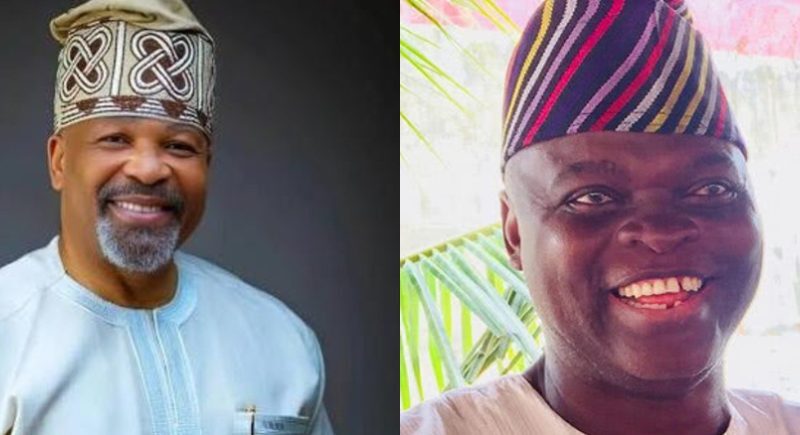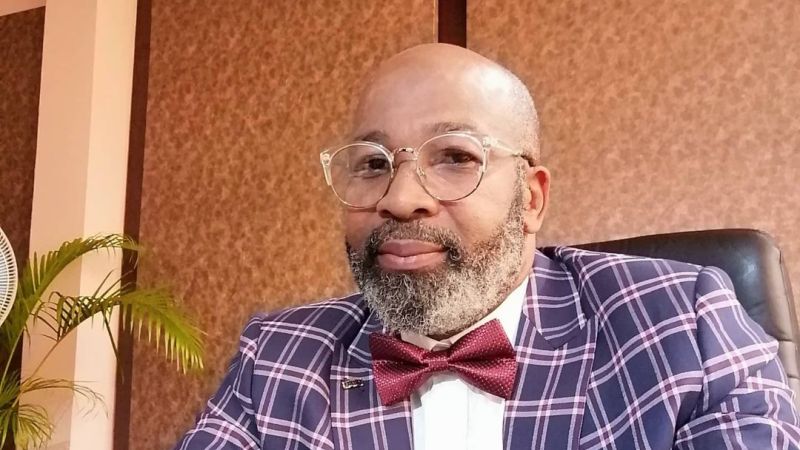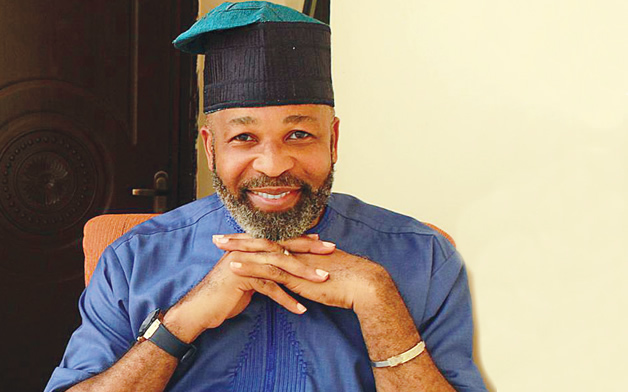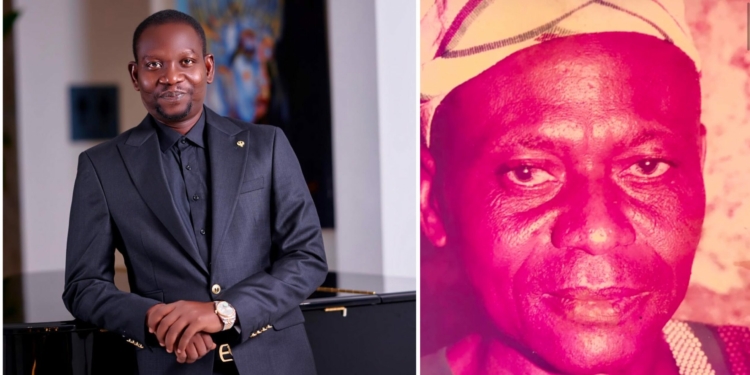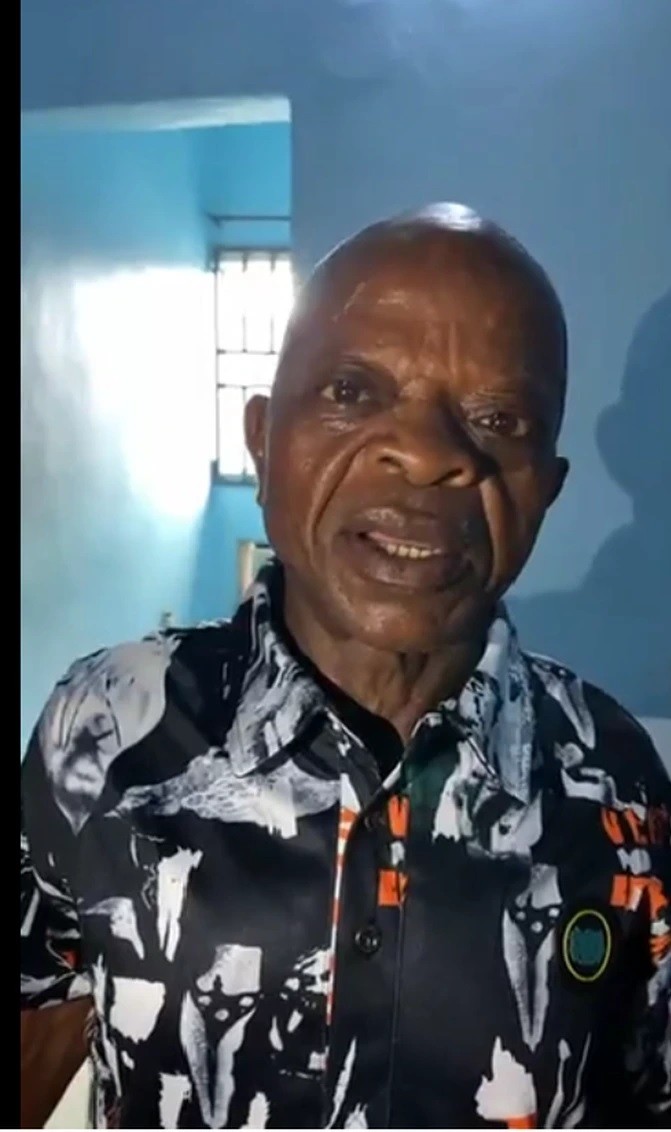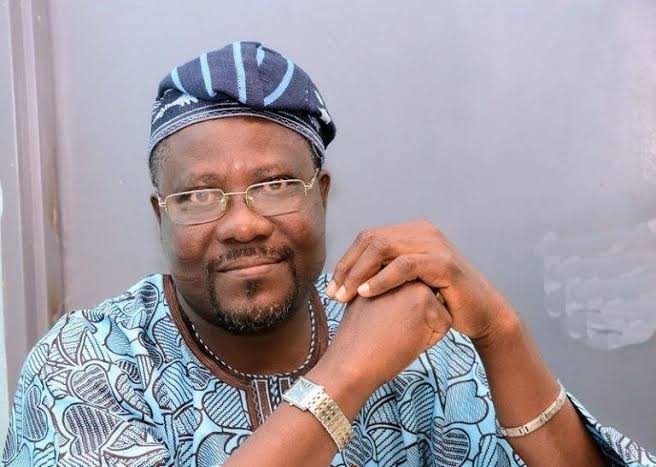Yemi Solade Says Nigeria’s First Home Video Was Made by Big Abass, Not Nollywood’s ‘Living in Bondage’
Veteran Nigerian actor Yemi Solade has sparked fresh debate about how Nollywood really began. In a recent chat on The Father’s Path with Temitope podcast, Solade said the real first home video in Nigeria was made long before the well-known Living in Bondage came out in 1992.
According to Solade, the true beginning of home videos in Nigeria can be traced back to the Yoruba film industry. He credited a man named Ade Ajiboye, also known as Big Abass, as the first person to shoot a home video in the country. “The first man that shot home video in this country, his name is Ade Ajiboye (Big Abass); he’s alive,” Solade said, suggesting the Yoruba film industry was already active before Nollywood gained national attention.
Solade explained that in the late 1980s, Yoruba actors were already filming their stage plays using camcorders. These were then sold in bookshops across the country, just like religious videos at the time. He highlighted Ekun, a Yoruba film produced in 1989 by Muhideen Alade Aromire, as an example of the early work that predated what we now know as Nollywood.
The actor mentioned other legends such as Hubert Ogunde, Baba Sala, Ade Love, and Ola Balogun as key figures who laid the foundation for the Nigerian movie industry. He blamed poor documentation for the lack of recognition of Yoruba filmmakers. According to him, many of them didn’t have access to proper media coverage and education, which allowed others, especially in the English-speaking and Igbo communities, to take credit for starting the industry.
He said, “My people in the Yoruba setting didn’t document anything. That’s why some people in the film industry will come out to boast, saying they started.” Solade added that while Yoruba actors were focused on acting, others were better at building media presence and telling their version of history.
He also mentioned that veteran actors like Adebayo Salami (Oga Bello), Iya Rainbow, and Jide Kosoko are still alive and can confirm that Yoruba films existed before Nollywood became popular. He noted that many of these actors have been working in the film industry for over 60 years.
Sharing his personal story, Solade said he began his acting career even before Pete Edochie, despite being younger. “I was 17 in 1977 when I represented Nigeria at Festac ’77 as the youngest actor. I’ve done 48 years and I’m still standing,” he proudly shared.
While it’s true that Living in Bondage helped bring modern-day Nollywood to the limelight and made the industry more commercial, Solade believes that earlier Yoruba films like Soso Meji (1988) by Ade Ajiboye and Ekun (1989) by Aromire deserve more credit. These earlier works didn’t get much attention because of poor publicity and lack of formal industry structure at the time.

